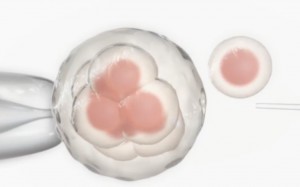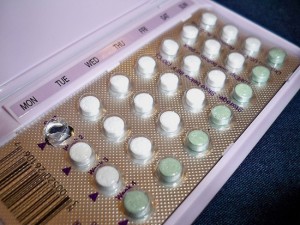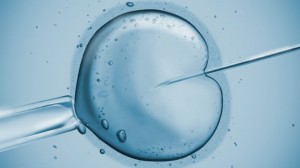 COUPLES who want to find out if they are going to have a baby with an inherited disorder can now avail of controversial tests in Irish clinics for the first time.
COUPLES who want to find out if they are going to have a baby with an inherited disorder can now avail of controversial tests in Irish clinics for the first time.
Embryos produced through IVF can now be tested to show if they are free of specific disorders, such as cystic fibrosis. It means the couple can choose not to have an embryo which proves positive for the disorder implanted in the mother’s womb.
Couples previously had to go abroad for the tests, but licences have been granted to the Beacon CARE Fertility Clinic in Dublin and the Cork Fertility Clinic. Read full article.




